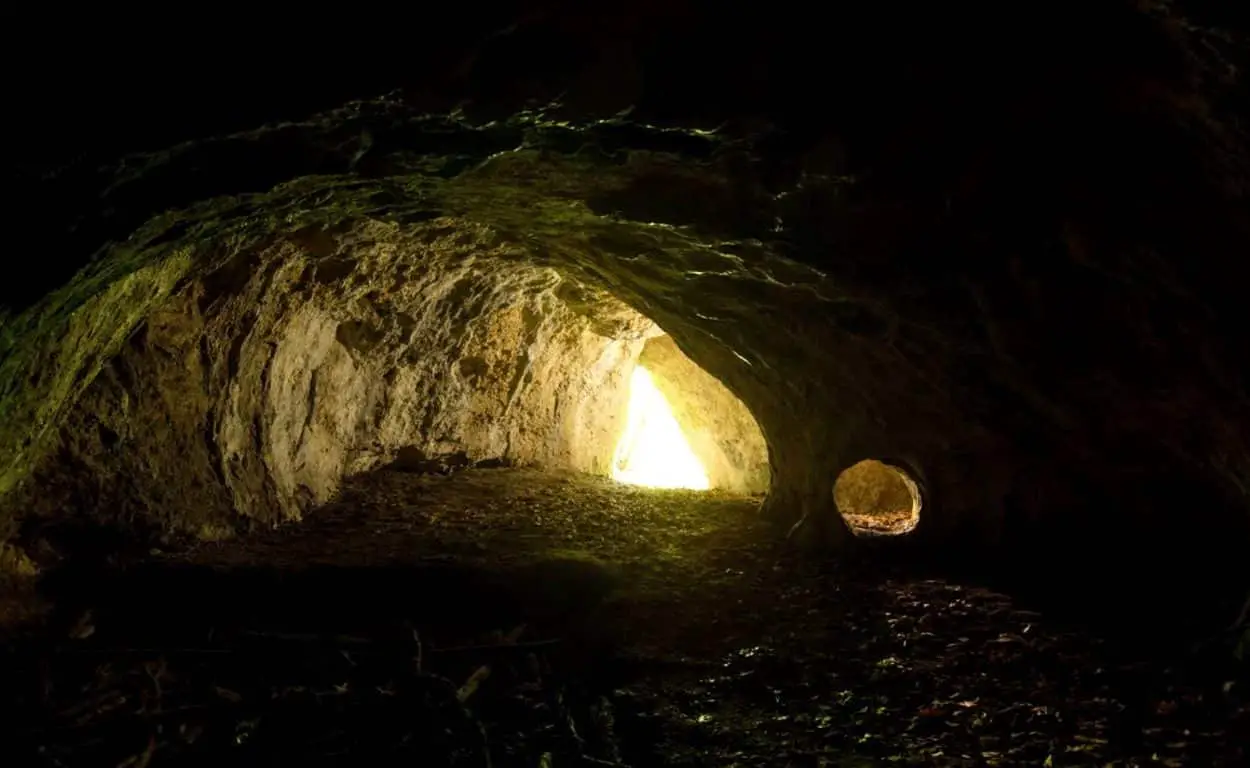Flint tools discovered more than 50 years ago in the Tunel Wielki cave have been dated to half a million years ago.
The tools were previously thought to date from around 40,000 years ago, but a new study by Dr. Małgorzata Kot from the Faculty of Archaeology of the University of Warsaw, now indicates that the tools are some of the oldest creations in Poland to date.
Dating the tools resulted from an initial observation by Dr. Claudio Berto, who identified that small animal remains in the cave were much older than 40,000 years ago and may be up to half a million years old.
Among the small bones were the remains of former relatives of today’s rodents, Mosbachean wolfs, lycaons, an ancestor of cave bears, and a species of felid cave lion. Each of the species (now extinct in present-day Poland), inhabited the region 450-550 thousand years ago.
In the same layer where the bones were uncovered was 40 flint relics – mainly the by-products from the manufacturing of tools, but also several flint scrapers and small flint knives.
“Since these artefacts come from the same layer as the bones, it means that their age is very similar. This belief was also confirmed by the re-excavation research carried out in the cave in 2018. They confirmed the arrangement of layers described by researchers half a century ago. we discovered more post-production waste and animal bones “- said Dr. Kot.
Although the animal bones show no indications of cutting or processing, the researchers suggest that the animals likely inhabited the cave in between periods when people occupied them temporarily.
The tools were likely made by Homo heidelbergensis, an extinct species or subspecies of archaic human which existed during the Middle Pleistocene. Such discoveries are rare, with tools also being uncovered in a cave in Małopolska in Lesser Poland.
Header Image Credit : Miron Bogacki





